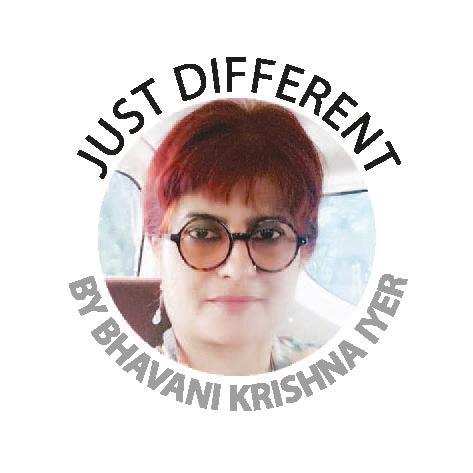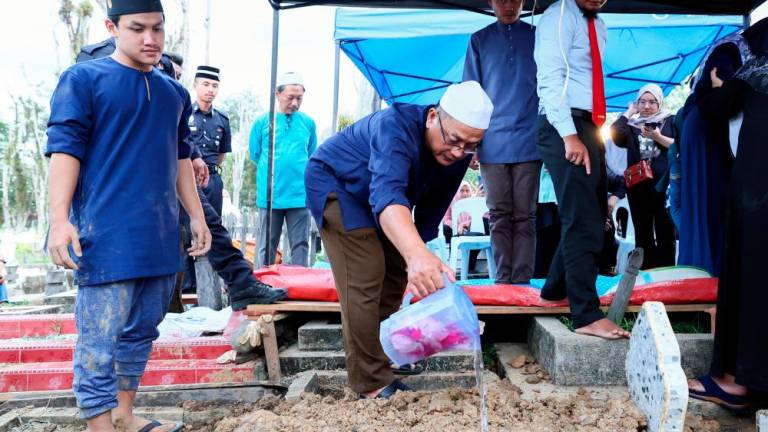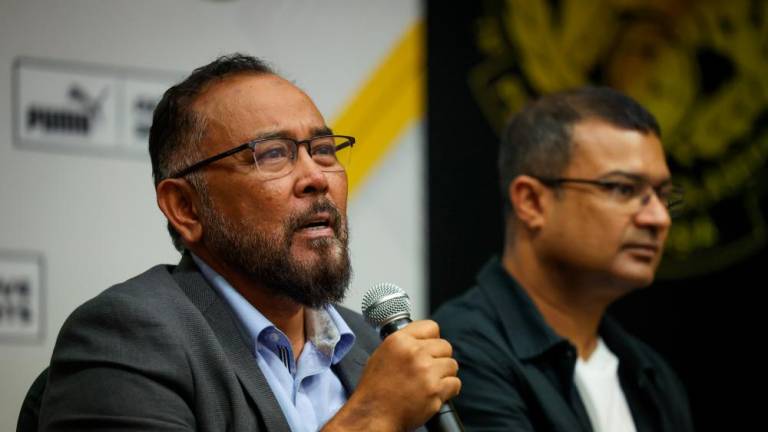SCHOOL holidays are back and schoolchildren and parents are equally excited with heaps of plans lined up to keep the days and weeks going. We go through this annually, and it is a season where the workforce, too, rejoices because traffic congestion is reduced to a tolerable level. It is worth remarking that annually we have over 4.5 million students in Malaysia who go on year-end breaks.
In a household where both parents work, there are few options except to leave the children “home alone” and to their own means. For those with grandparents or relatives in the village or home town, there will be some reprieve, especially for the working parents.
With demographics having changed in Malaysia just like any other developing country, villages remain only in the memory of the younger ones and the future generation may not get to experience the rustic beauty and life in a village.
I was at a shopping mall in the city centre on a weekday last week and I was shocked to see what looked like a mob gathering, centred around some lure. I found out later they were fans of a busker, who regularly performs at the entrance of the mall. I would say 80% of the crowd was made up of children and teenagers enjoying the school break.
During the school holidays, it would be a painful wait at entertainment and recreation places as these are hotspots for children and parents. Cinemas also thrive with crowds bursting at the seams during the holidays. What else can the children do that would be developmental in nature?
A general search on school holiday camps brings out a whole list suitable for ages two and above and I was intrigued why would a toddler be sent to a holiday camp and how safe would that be for the child, but that is a different matter.
Commonly known as summer camps, the camp experience is recognised by child development professionals as valuable in helping children mature socially, emotionally, intellectually, morally and physically.
The building blocks of self-esteem are belonging, learning and contributing. Camps offer unique opportunities for children to succeed in these three vital areas and even beyond home and school.
The biggest plus is that camps help young people discover and explore their talents, interests and values. Most schools don’t satisfy all these needs. Kids who have had these kinds of experiences end up being healthier and have less emotional baggage.
Typically, at such camps, children learn to solve problems, make social adjustments to new and different people, learn responsibility, and gain new skills to increase their self-esteem.
Having said this, do not mistake such camps for tuition centres which have gained heavy traction in the last decade or so, these are not what I am referring to.
With such immense benefits to holiday camps and programmes, whether short or long term, are they accessible to all children?
Private schools and various other organisations capitalise on school holiday programmes, which can cost from hundreds to thousands and are affordable only to the upper strata of our population.
Let’s look at the middle and lower middle-income households who might have a few schoolgoing children. What do the parents do with them for six weeks during the break? Save for spurts of short holidays, how do the parents control the children’s movements and activities?
Gadgets – these are both the saviour and devil, depending on restrictions imposed on their use. When children retreat to their safe havens in their own space, parents have to be cautious. As we know, there is enough empirical data to substantiate the claim by experts that prolonged exposure to screen light is known to have serious effects on children.
The relevant ministries should perhaps look at how holiday programmes can be made available for free or at a nominal fee.
Comments: letters@thesundaily.com














